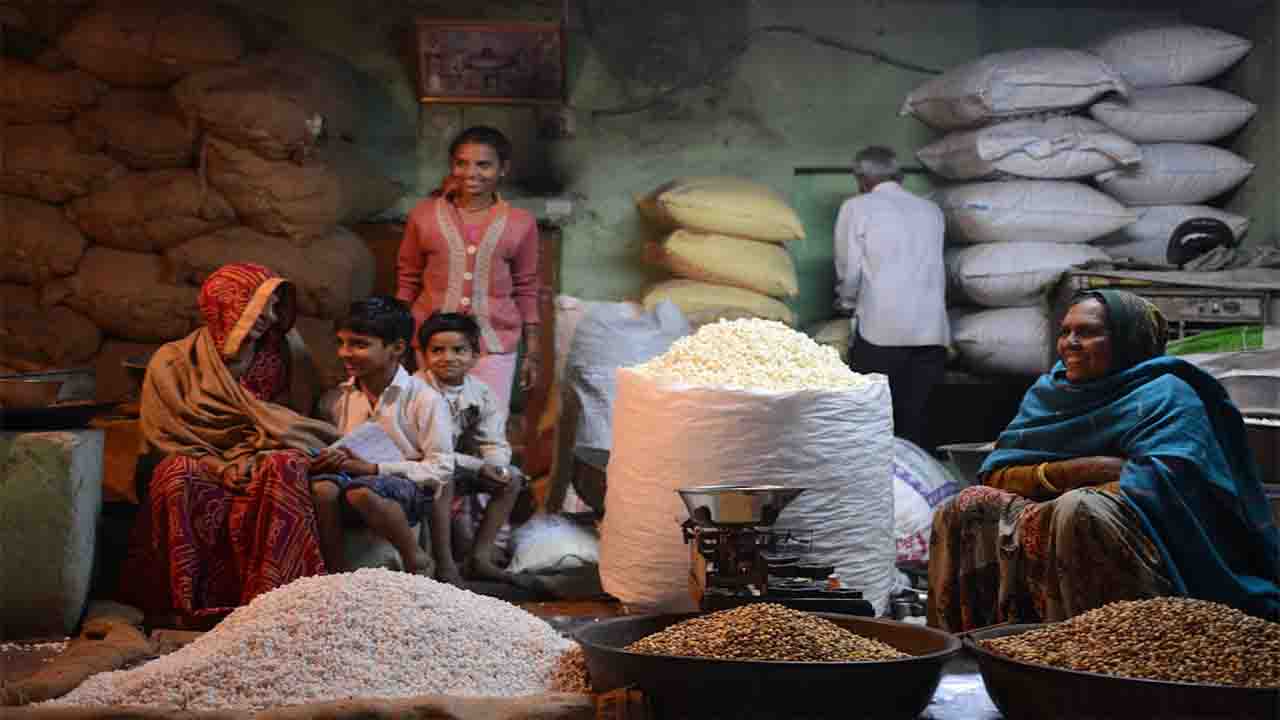(Commonwealth) _ The announcement by the government earlier in the day that it had approved the Quality Control Order for the certification of cotton bales is a significant step towards improving the supply of high-quality cotton to the textile sector. The Quality Control Order for cotton bales is a set of regulations that establish the standards for the quality of cotton bales that are produced and sold in the market. The order aims to ensure that the cotton produced and sold in the market meets the required standards of quality, which will ultimately benefit the textile sector. The certification process for cotton bales involves various tests and inspections to verify the quality of the cotton. The tests and inspections include fiber length, strength, micronaire, color, and trash content, among others. The certification process is conducted by certified agencies that have the necessary expertise and equipment to conduct the tests and inspections. The certification of cotton bales is essential for the textile sector as it helps to ensure that the cotton used in textile production is of high quality. High-quality cotton results in high-quality textiles, which in turn leads to increased demand and higher revenues for the textile sector. Additionally, the certification process helps to prevent the sale of inferior or substandard cotton bales in the market, which can have a negative impact on the reputation of the textile sector.
The executive from the Aditya Birla Group’s claim that the Quality Control Order for cotton bale certification is beneficial for the Indian sector is certainly valid. The certification process would help raise the standard of cotton exported from India, which would have a positive impact on the textile industry and the overall economy. India is one of the largest producers and exporters of cotton in the world. However, the quality of Indian cotton has been a concern for many textile manufacturers globally. By making certification of cotton bales mandatory, the Quality Control Order would help to address this concern and improve the overall quality of Indian cotton. The certification process would ensure that only high-quality cotton bales are exported from India. This would increase the demand for Indian cotton and help Indian textile manufacturers to access the international market more easily. In addition, the certification process would help to prevent the sale of inferior or substandard cotton bales in the market, which can negatively impact the reputation of Indian cotton and the textile industry as a whole. Moreover, with the implementation of the Quality Control Order, Indian cotton farmers would also benefit. By producing high-quality cotton, they would be able to command a higher price for their produce, which would ultimately lead to an increase in their income. This, in turn, would incentivize farmers to produce higher-quality cotton, which would benefit the textile industry and the overall economy.
The high quality of Indian cotton fiber benefits both farmers and businesses involved in the textile industry. Here are some ways in which both parties can benefit:
Increased demand for Indian cotton, Better access to international markets, Higher-quality textiles, Improved reputation of Indian cotton and Increased collaboration between farmers and businesses etc. The high quality of Indian cotton fiber benefits both farmers and businesses involved in the textile industry. It can result in increased demand, better access to international markets, higher quality textiles, an improved reputation for Indian cotton, and increased collaboration between farmers and businesses.
The Quality Control Order for cotton bale certification is a positive step for the Indian textile industry and the economy as a whole. The certification process would ensure that only high-quality cotton bales are produced and exported from India, which would benefit Indian textile manufacturers, cotton farmers, and the overall economy.
















